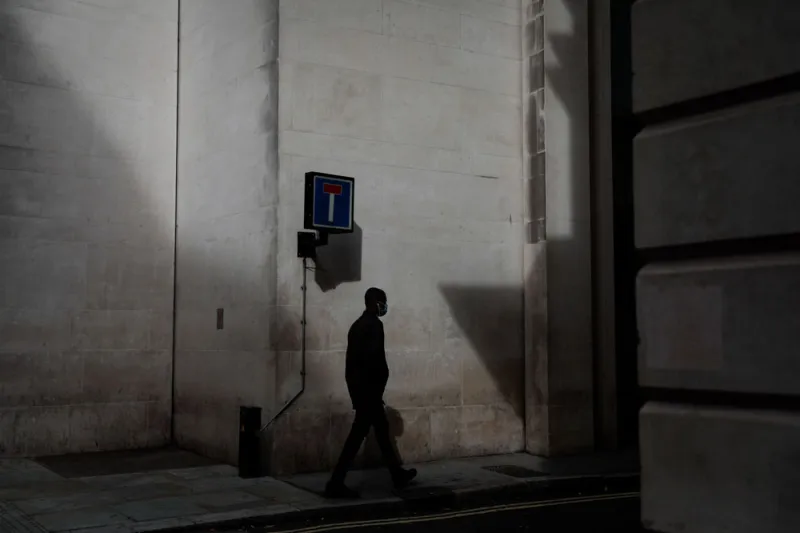Public markets have largely recovered since their lows in March and April, but private equity funds wiped out six years of gains in the first half of the year, according to the most recent data available from eFront, the private markets software and research firm owned by BlackRock.
One of the best measures of performance — the ratio of the current value of investments in the funds (plus any distributions already made to investors) relative to what allocators have invested in the fund — declined to 2014 levels, according to eFront.
“Performance of active funds globally, measured by total value to paid-in (TVPI), slumped from a near-record of 1.45x in late 2019 to 1.36x in Q1,” according to eFront’s quarterly performance report on the first half of 2020. Private equity fund performance also declined in the second quarter.
Buyout funds held on to companies slightly longer in the first and second quarters, as they focused on getting their businesses through the crisis, whether through layoffs and restructuring or by investing more cash. Although it has since recovered, the dealmaking environment cooled in the first half of the year as people worked remotely and financing proved scarce.
Before the pandemic, private equity funds had been holding on to companies for historically short periods. The average holding period in the first half of 2020 was 2.7 years, not far away from the record low hit in 2018.
“Managers have thus reduced their deal activity to focus on the management of companies in their portfolios,” wrote the authors of the eFront report. “Active LBO funds appear to have been in ‘wait and see’ mode during the first semester of the year.”
[II Deep Dive: The Mystery of the Profitable Energy Marks]
The performance rout in the first six months means that private equity funds raised in 2013, 2015, and 2016 are now underperforming the average, according to the research firm.
But there’s also some good news in the report, particularly on disclosure. Private equity managers value their funds quarterly, using the public markets and other data to determine prices for underlying companies. Critics say private equity funds are often considered less volatile than public stocks simply because managers fail to provide accurate assessments of the value of the companies in their portfolios.
EFront found, however, that managers aggressively remarked the value of portfolios this year.
“Most of the downward adjustments were made in Q1 2020,” according to the report's authors. “Managers rapidly reflected the changes affecting financial markets and the macroeconomic environment, and adjusted quickly and sharply the value of their funds in Q1. The second quarter shows a stabilization of the performance of active funds, illustrating the stance of managers, who have prudently remained conservative in Q2.”







